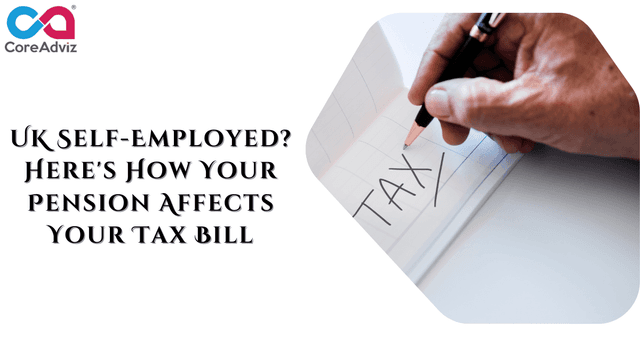
HomeBlog What the New VAT Penalty Rules Mean for UK Businesses in 2025
What the New VAT Penalty Rules Mean for UK Businesses in 2025
Kausik MukherjeeVAT
Starting 1 April 2025, HMRC introduced penalties for late VAT payments under Schedule 26 of the Finance Act 2021. This is a significant change that has been incorporated by HMRC so far for VAT payments. The main objective of such changes is to tighten compliance, reduce the tax gap, and encourage on-time payments.
What Exactly Changed
The new structure, as detailed in HMRC guidance and policy documents, features higher penalties at each stage of lateness.
If you don’t pay your VAT on time, the penalties add up quickly. From day 15, you’ll be charged a 3% penalty on what you owe (that’s £300 on £10,000). At 30 days, another 3% (£300) is added. After 31 days, daily penalties start at a rate of 10% per year—about £2.74 per day on a £10,000 debt. These new rates are higher than before, so late payment can get expensive fast.
Interest Rates Have Risen Too
Starting 6 April 2025, HMRC charges interest on late tax payments at the Bank of England base rate plus 4%. Since the base rate is about 4.5%, the total interest is around 8.5% per year, and it builds up daily. If a payment is over 31 days late, the total cost—interest plus penalties—can add up to about 18.5% per year.
Why the Hike?
The government wants to reduce a £40 billion tax gap, which is partly due to late payments and tax evasion. To help fix this, Chancellor Rachel Reeves expects the new penalty rules to bring in about £1 billion a year, and around £7.5 billion by 2029–30. HMRC is also hiring hundreds of extra staff to improve tax checks and collect unpaid taxes.
Who Is Affected?
These rules apply to all VAT-registered businesses using the new Schedule 26 system, as well as anyone taking part in Making Tax Digital (MTD). This includes newer groups like landlords and self-employed people who earn over certain amounts. By April 2026, if you’re self-employed or a landlord earning over £50,000, you’ll need to start using digital filing—and this income threshold will be lowered over time.
What Businesses Need to Do
To avoid penalties, set up automated reminders for payment deadlines—one on the due date and another around the 15th day. Paying by Direct Debit can help. If you can’t pay on time, contact HMRC before the deadline. You can ask for a Time-to-Pay plan to avoid penalties, though you might still have to pay some interest.
More than just VAT: HMRC is getting stricter overall
They’re now using more private debt collectors and have hired 1,100 new staff to focus on debt and tax compliance.
Conclusion
From 1 April 2025, the new VAT penalty rules make it clear that HMRC wants businesses to pay on time. The penalties and interest charges are higher, and debt collection is getting stricter. So, paying your VAT on time is more important than ever.
To avoid extra costs, it’s important to plan ahead and use tools like reminders, automation, and MTD (Making Tax Digital) software. These aren’t just helpful—they’re essential.


